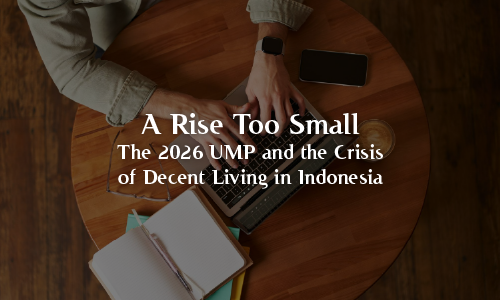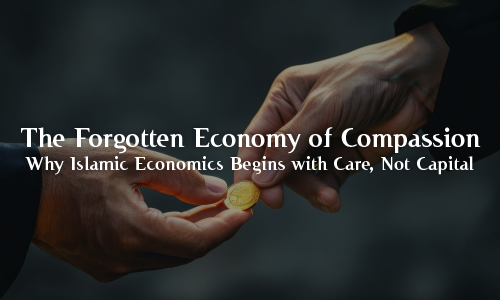
Summary: The evolution of global work models, particularly the rise of hybrid and remote work, has reshaped business operations across industries. This paper examines the growing trend of hybrid work through the framework of Islamic business economics, exploring its implications for employee wellbeing, organizational efficiency, and equity. By analyzing data on the adoption of hybrid work practices, employee preferences, and corporate responses, the paper highlights the alignment of flexibility and inclusivity with key Islamic economic principles such as maslahah (common good), adl (justice), and amanah (trust). It discusses how hybrid work fosters work-life balance, expands access to employment for marginalized groups, and minimizes wasteful practices, thereby promoting sustainability. Furthermore, the paper addresses the challenges of maintaining employee engagement and collaboration, emphasizing the importance of leadership rooted in Islamic values of consultation (shura) and fairness. Ultimately, it offers a vision for integrating Islamic ethics into modern business practices, advocating for workplaces that not only drive economic growth but also uphold moral and spiritual responsibilities.
Introduction
The world of work has undergone an unprecedented transformation in recent years. Once tethered to rigid office hours and physical workplaces, millions of employees and employers across the globe have now embraced hybrid and remote work models. According to recent data, by 2025, 74% of global companies had already adopted a hybrid work system, with 83% of employees preferring this flexible approach over traditional, full-time office setups. But beyond the statistics and shifting trends, this movement toward flexibility holds deeper implications for business, society, and human wellbeing — particularly when viewed through the lens of Islamic business economics.
In Islam, business is not merely a…

















